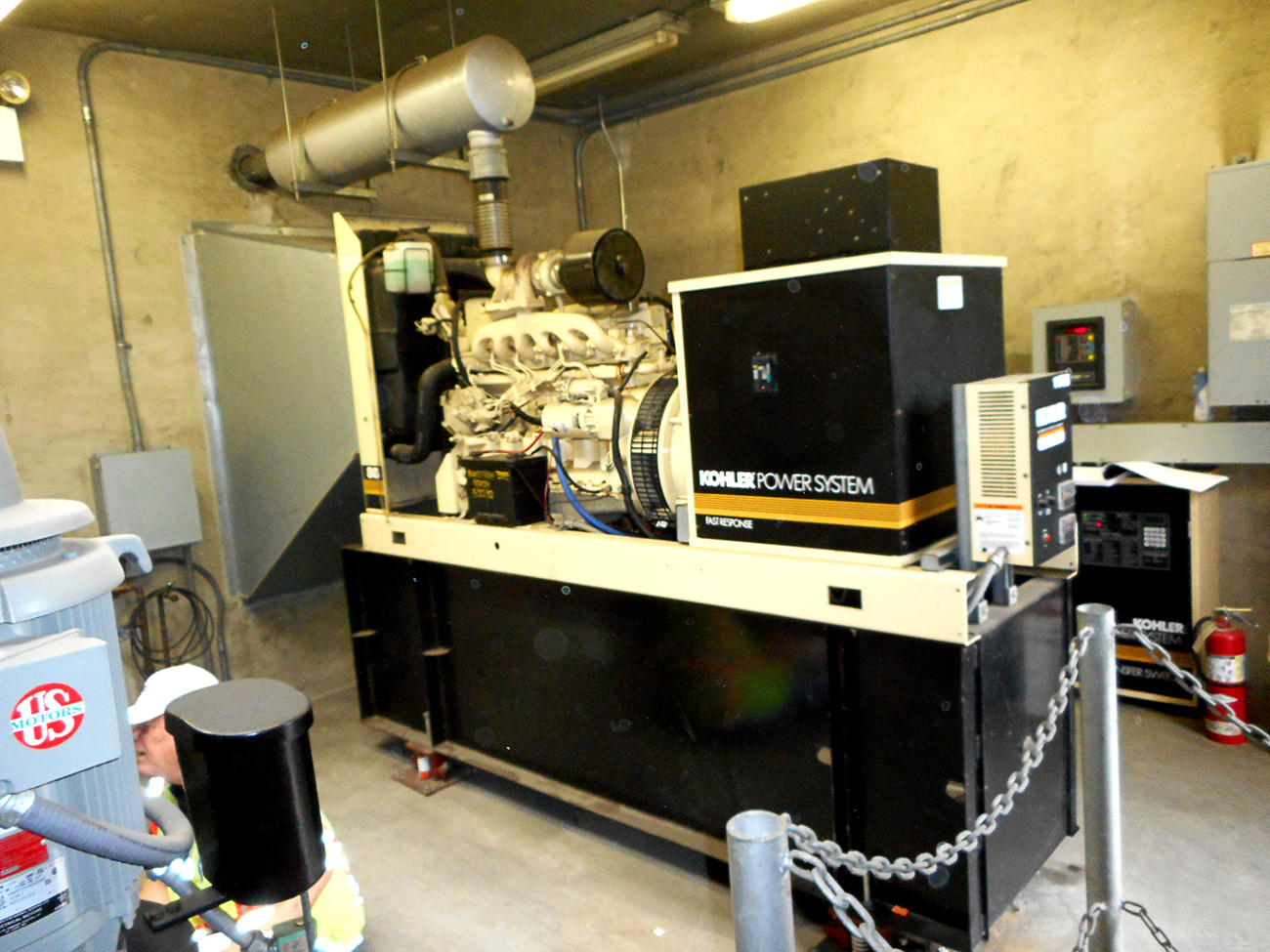
Planning

AKM was responsible for building Long Beach Public Utilities Department’s (LBPUD) recycled water model for use in the feasibility study. AKM conducted a comprehensive feasibility analysis for integrating the Haynes Generating Station into LBPUD potable, recycled, and wastewater systems. The study assessed system capacity, infrastructure needs, and operational impacts associated with providing Haynes with a continuous 7.0 mgd water supply, while optimizing water reuse and minimizing potable water supplementation. Key recommendations included expanding LBPUD’s recycled water storage, upsizing pipelines, upgrading potable water supply infrastructure, and constructing a dedicated wastewater conveyance system to LACSD. These improvements would enhance regional water reuse, reduce potable water reliance, and ensure sustainable operations for Haynes and LBPUD’s broader system.
AKM developed and calibrated a hydraulic model to evaluate the impact of adding Haynes to LBPUD’s recycled water distribution system. The analysis considered historical billing data, GIS records, SCADA data, and operational meetings to model existing and projected demand. The study identified significant supply deficits, particularly during summer months, where shortages of 1.50 to 4.87 mgd would require potable water supplementation. Hydraulic modeling examined the system’s ability to maintain adequate pressure, pipe velocities, and storage while integrating Haynes’ demand. Findings showed that additional infrastructure, including a 24-inch pipeline and expanded storage capacity at Alamitos Tank Farm, would be necessary to ensure system reliability.
Given the limitations in recycled water availability, AKM assessed LBPUD’s potable water system to determine how it could supplement Haynes’ needs. The study analyzed the effects of supplying up to 5.0 mgd of potable water during peak demand periods. Hydraulic simulations were conducted to evaluate supply reliability, pressure stability, and pipe velocities, considering operational constraints such as storage tank levels and groundwater treatment plant capacity. The study recommended enhancing imported water supplies, expanding storage capacity, and upgrading distribution pipelines, including a potential upsizing of a 12-inch pipe in 2nd Street to meet LBPUD’s velocity criteria.
AKM also examined the feasibility of conveying Haynes’ industrial wastewater (2.77 mgd) and stormwater runoff (0.075 mgd) to a suitable treatment facility. Three potential discharge locations were evaluated: LBPUD, Orange County Sanitation District (OCSD), and Los Angeles County Sanitation District (LACSD). Due to capacity limitations in LBPUD’s sewers and the inability to recycle wastewater through OCSD’s system, the study recommended constructing a pump station and force main to LACSD’s Long Beach Water Reclamation Plant (LBWRP). This option would generate an additional 2.54 MGD of recycled water, supporting Haynes’ long-term sustainability.